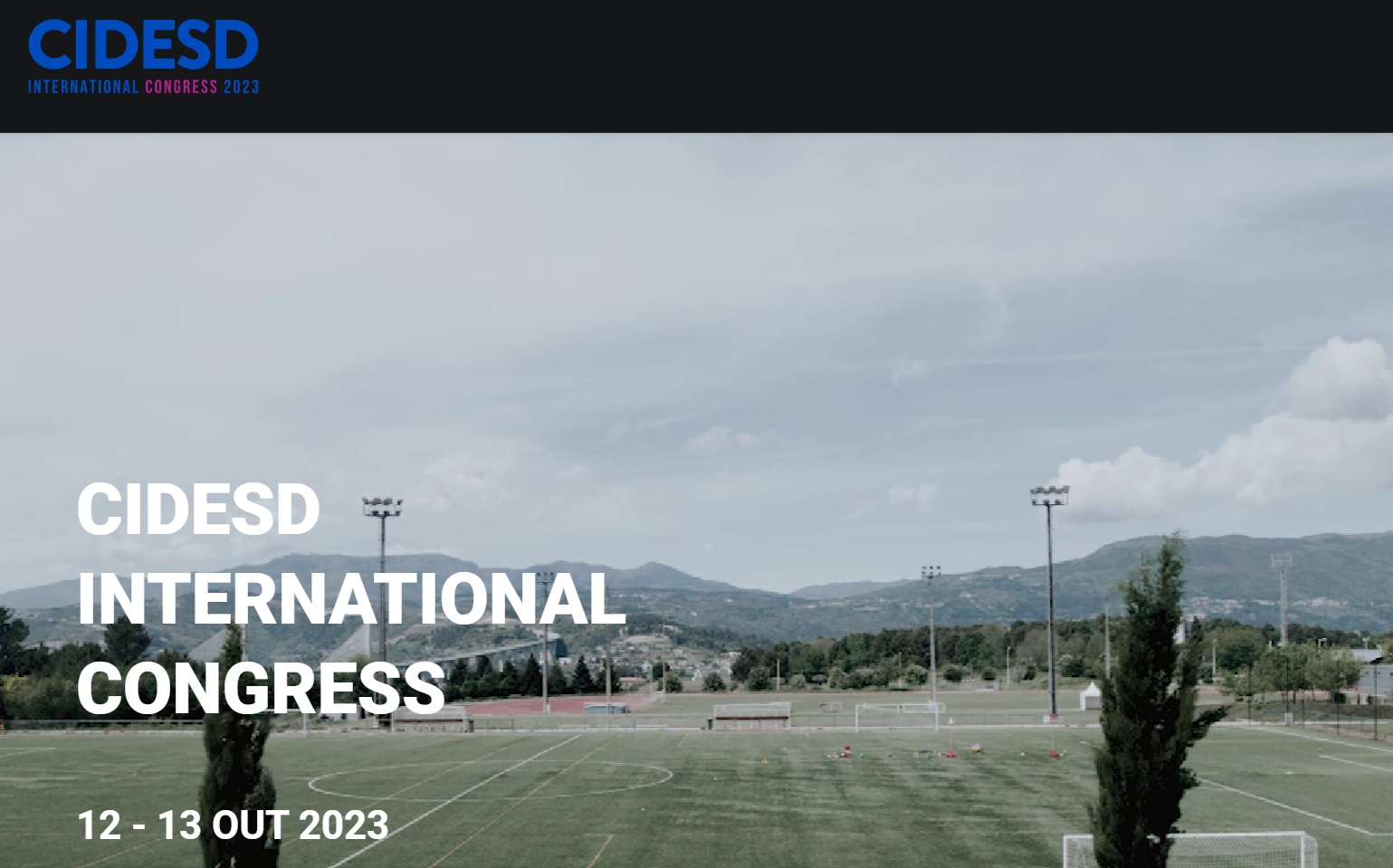Water Competence and Physical Education: Perception and Real – A Field Assessment Methodology on the Portuguese Azorean Islands
DOI:
https://doi.org/10.6063/motricidade.31486Keywords:
Drowning prevention, Water Safety, Swimming Lessons, Water Competence, Physical EducationAbstract
Drowning is responsible for about 372000 deaths per year around the world (OMS, 2014). Nowadays, Swimming Instruction is considered a relevant preventive measure for drowning. However, the act of swimming by itself does not ensure the victim full protection; thereby, this study embraces the concept of Water Competency because it includes swimming competencies, awareness, attitude and risk management. Based on a series of studies called “Can you Swim? Survey” (Moran et al., 2012), it was established an evaluation protocol on Perceived Water Competency (PWC), Real Water Competency (RWC) and Risk Management (RM) adapted to the Portuguese reality, focused especially in the Azorean educational context. Aside from these competencies evaluation, the protocol also describes the environmental and sociocultural influences and the Physical Education subject and Sports on the development of water competencies. This work aims to bridge the gap of a standard evaluation methodology of Water Competency (WC). Adding a set of tasks and an effective review of the obtained results, the present methodology allows the classification of groups of students into approved/not approved as an essential precondition of the activities/categories' safe execution in the nautical area. It also presents a dissemination of the tools constructed and established partnership’s methodology. A pilot application was carried out in a group of students (n = 115) with an average age of de 14.58 years for both genders. This test sample belongs to six geographically balanced schools in São Miguel Island – Azores. The obtained results suggest that participants in this study were unable to accurately predict their actual swimming and survival skills, and no significant differences were evident in perceived or actual competency by gender. It was proven that regular informal exposure affects some of the tested competencies. However, the Physical Education classes swimming lessons variable was responsible for the bigger differences. In the end, we checked that formal Competitive Swimming lessons are the variable that shows a bigger influence in the PWC, in particular on the perceived activities of “maximum distance swam in 15 minutes” (Mann-Whitney U = 739, p = 0.000), “100 m backstroke” (Mann-Whitney U = 699, p = 0.000) and “dive entry headfirst” (Mann-Whitney U = 963, p = 0.010); in RM on the: “caught in a rip current at beach” (Mann-Whitney U = 972.5, p = 0.029) and “chased toy into the deep end of a swimming pool” (Mann-Whitney U = 957, p = 0.022); and in RWC on the activities: “maximum distance swam in 15 minutes” (Mann-Whitney U = 777, p = 0.000), “underwater swimming” (Mann-Whitney U = 963.5, p = 0.023), “100 m backstroke” (Mann-Whitney U = 712, p = 0.000) and “2 m surface dive” (Mann-Whitney U = 921.5, p = 0.012). Thereby, when having a major exposure combined with organised water safety or swimming lessons, the RWC increases. This work highlights the importance of proper conditions to maximise exposure and aquatic education amongst young people, leading to the prevention of drowning.
Downloads
Published
Issue
Section
License
The authors of submitted manuscripts must transfer the full copyright to Journal Motricidade / Sílabas Didáticas Editions. Granting copyright permission allows the publication and dissemination of the article in printed or electronic formats, and copyrights start at the moment the manuscript is accepted for publication. It also allows Journal Motricidade to use and commercialise the article in terms of licensing, lending or selling its content to indexation/abstracts databases and other entities.
According to the terms of the Creative Commons licence, authors may reproduce a reasonable number of copies for personal or professional purposes, but without any economic gain. SHERPA/RoMEO allows authors to post a final digital copy (post-printing version) of the article on their websites or on their institutions' scientific repository.


